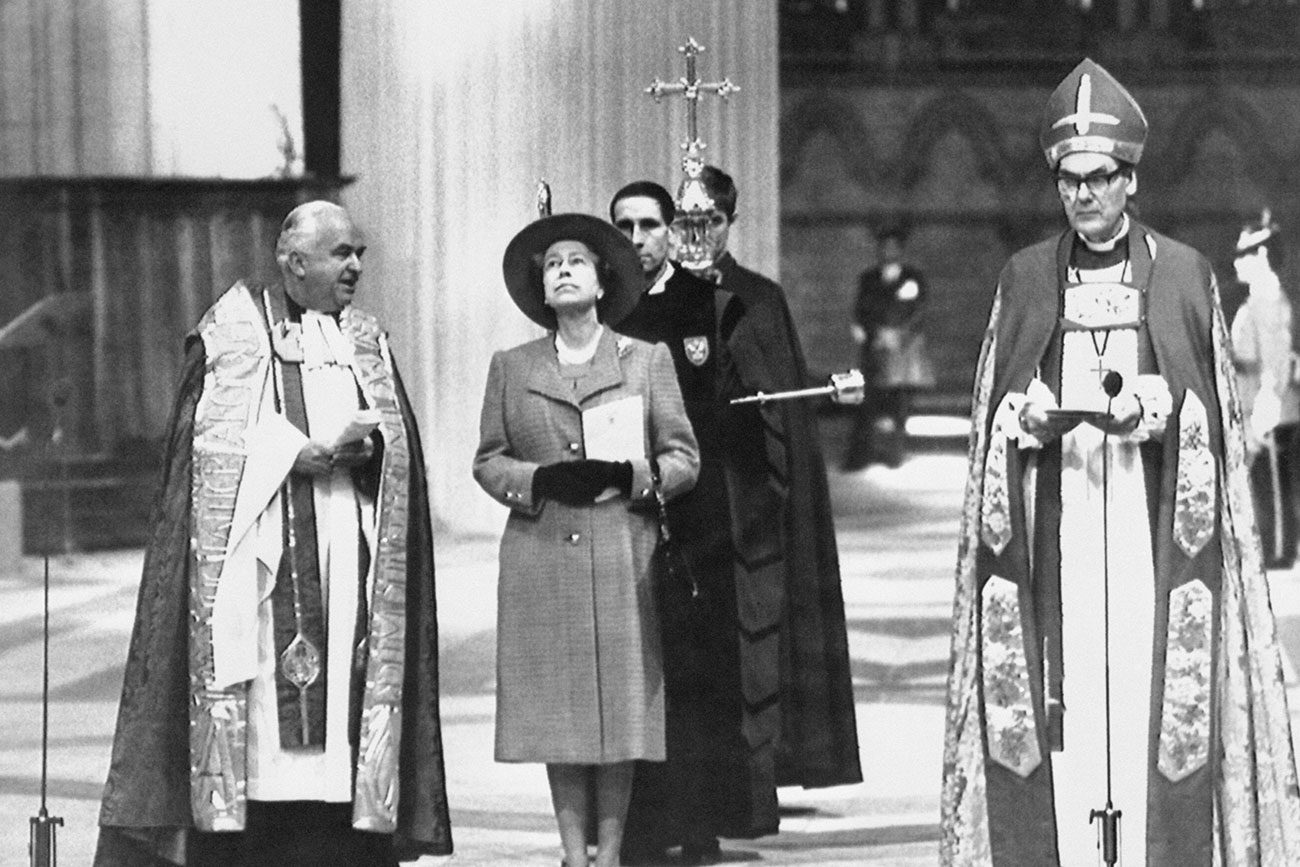The Archbishop of York has led tributes to his predecessor John Habgood, who died on Wednesday aged 91.
Lord Habgood, who was Archbishop of York and second in the Church of England hierarchy for 12 years until 1995, was the most outspoken and effective ecclesiastical figure of his age.
Dr John Sentamu said: “His towering presence, physical, intellectual, and spiritual, was a gift to all who knew him.
“My prayers are with his family at this time. May he rest in peace, and rise in glory.”
He went on:
-
As a hugely distinguished scientist, theologian and philosopher, Archbishop Habgood’s faith in Christ gave him a particular perspective and a persuasive witness both to church and nation for his time.
His many books simplified big and complex questions, revealing an incredibly perceptive intellect.
I’m very glad to have confirmed his grandchildren and dedicated a room in his honour at Bishopthorpe Palace.
Science and faith

With his scientific background, he regarded many of the stories on which Christian doctrines are based as being true allegorically rather than literally.
As a scientist he had difficulty in asserting the literal truth of supernatural events said to have occurred long ago, in times even more credulous than today.
It was as Archbishop of York, from 1983, that his liberal credentials became clear. He backed moves to allow the remarriage of divorced people in church and to permit the relicensing of remarried priests who had been divorced.
Habgood favoured the ordination of women and supported the idea that a guaranteed number of General Synod places should be reserved for black members.
In the House of Lords he voted against the controversial Clause 28 banning local authorities from “promoting homosexuality”.
The devastating York Minster fire of 1984 broke out 36 hours after Archbishop Habgood had ordained David Jenkins as Bishop of Durham.
Jenkins was on record as not believing in either Jesus’ virgin birth or the resurrection. That led some Christians to see the Minster fire as some sort of divine judgement.
However Lord Habgood had little time for this, asking in The Times, “What kind of a god do your correspondents believe in?”
